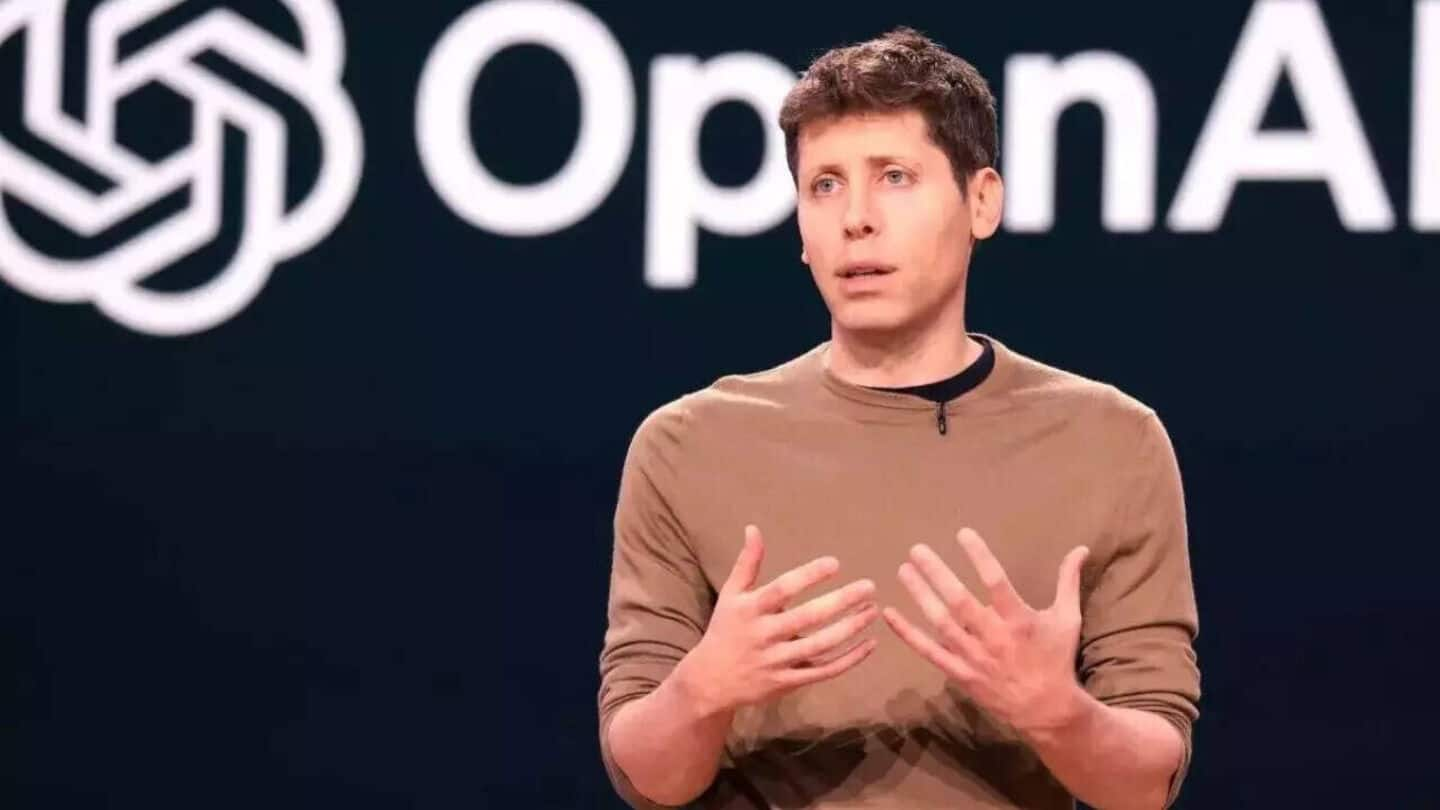
'What have we done?': GPT-5's power leaves Sam Altman uneasy
What's the story
OpenAI's CEO, Sam Altman, has expressed concerns over the capabilities of the company's upcoming AI model, GPT-5. In a recent podcast appearance on This Past Weekend with Theo Von, he admitted that testing the new model left him feeling nervous. "It feels very fast," he said, comparing its development to the Manhattan Project, the World War II effort that developed the first atomic bomb.
Ethical concerns
Altman's concerns reflect a broader ethical dilemma
Altman's concerns go beyond performance metrics, extending to the potential consequences of such advanced technology. He asked, "Maybe it's great, maybe it's bad, but what have we done?" This question highlights a growing unease that humanity may be progressing at a rate where it cannot fully comprehend or control its own creations. "It feels like there are no adults in the room," he added, implying that regulation is lagging behind innovation.
Advanced features
GPT-5's capabilities and potential risks
While exact details of GPT-5 remain under wraps, reports suggest major improvements over its predecessor, GPT-4. These include enhanced multi-step reasoning, longer memory capacity, and improved multimodal capabilities. In another recent conversation, Altman revealed that there was a time when GPT-5 answered a complex question he couldn't solve himself. "I felt like useless relative to the AI," he admitted. "It was really hard, but the AI just did it like that."
AGI aspirations
The quest for AGI and its implications
OpenAI's long-term goal has always been to achieve Artificial General Intelligence (AGI), an AI that can understand and reason across almost any task. However, the absence of a global framework to govern it could be dangerous. AGI remains loosely defined, with some firms seeing it as a technical milestone while others see it as a $100 billion opportunity. Either way, the next model may blur the line between AI that helps and AI that acts.
Fraud concerns
AI fraud crisis and legal battles
Haywood Talcove, CEO of LexisNexis Risk Solutions, has warned that the AI fraud crisis is not on the horizon but is already happening. "Every week, AI-generated fraud is siphoning millions from public benefit systems," he said. In response to these challenges, OpenAI is said to be preparing for a legal battle against Microsoft over alleged anti-competitive behavior. While the potential of GPT-5 to surpass human programmers is discussed, the specific connection to legal tensions with Microsoft remains speculative.